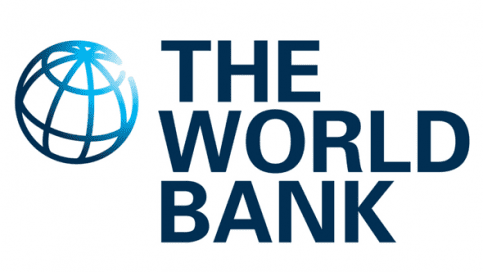In its latest Africa’s Pulse, titled: ‘The Future of Work in Africa: Emerging Trends in Digital Technology Adoption’, the World Bank has revised its growth forecast for Sub-Saharan Africa (SSA) from -5.1 per cent to 3.4 per cent growth for 2021.
The Washington-based institution, anticipated that the continent would grow between 2.3 per cent and 3.4 per cent in 2021, after a two per cent contraction last year.
READ ALSO: NEXIM, Afreximbank Mobilize $50m to Support SMEs
The report noted that a slower spread of the virus and lower COVID-19-related mortality, strong agricultural growth and a faster-than expected recovery in commodity prices has helped many African economies weather the economic storm induced by the COVID-19 pandemic.
In the same report, World Bank Chief Economist for Africa, Mr. Albert G. Zeufack, said: “African countries have made tremendous investments over the last year to keep their economies afloat and protect the lives and livelihoods of their people.
“Ambitious reforms that support job creation, strengthen equitable growth, protect the vulnerable and contribute to environmental sustainability will be key to bolstering those efforts going forward toward a stronger recovery across the African continent.
“Growth in the region is forecast to rise between 2.3 and 3.4 per cent in 2021, depending on the policies adopted by countries and the international community.
“A second wave of COVID-19 infections is partly dragging down the 2021 growth projections, with daily infections about 40 per cent higher than during the first wave.”
He stated that while some countries had a significant drop in COVID-19 infections due to containment measures adopted by their governments, other countries were facing a spike in infections.
The report also urged African countries to speed up their recovery by ramping up efforts to support their economies and people in the near term, especially women, youth and other vulnerable groups.
It stated. “Reducing countries’ debt burdens will release resources for public investment, in areas such as education, health and infrastructure. Investments in human capital will also help lower the risk of long-lasting damage from the pandemic which may become apparent over the longer term and can enhance competitiveness and productivity.”

